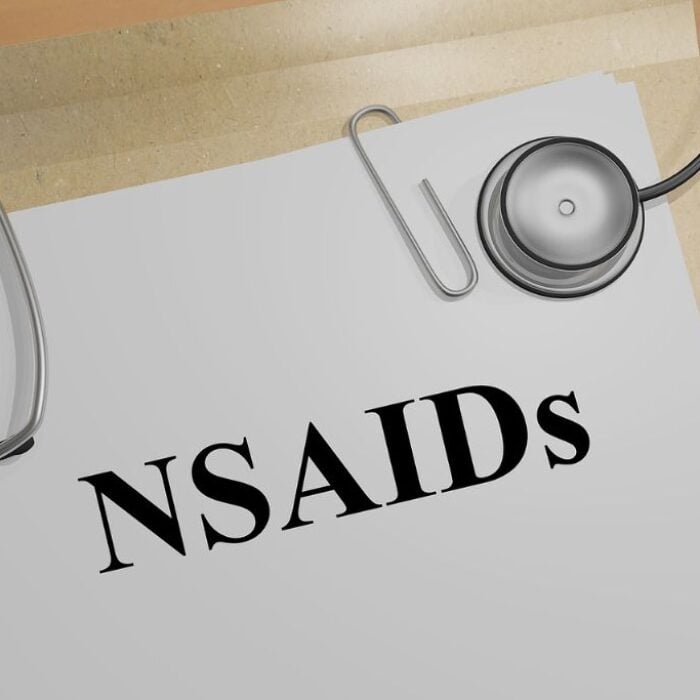Percocet Addiction: Tolerance, Withdrawal, Detox and Treatment:
Percocet is a drug used to treat moderate to severe pain. A narcotic pain reliever that combines oxycodone and acetaminophen, a common over the counter pain reliever. It is one of the most commonly prescribed opiate painkillers and has the potential to lead to both physical dependence and addiction. Oxycodone is the opiate component of the drug and the ingredient that elevates the risks of addiction. Acetaminophen is a less potent pain reliever that heightens the effects of oxycodone.
Percocet is a controlled substance, classified as a Schedule II, meaning it has a very high potential for abuse and addiction. Schedule II drugs apply to medications that have an accepted medical, however, are considered to contain a high risk for dependence and abuse. Patients are advised not to crush or break the pill, because its intent is to provide the patient with a slow release of Oxycodone, over an extended period of time. If an individual chooses to crush the pill and ingest it, the entire dosage of the Oxycodone is released into the person’s system, causing a risk of overdose or even death.
Who Is at Risk for Percocet Addiction?
Percocet is a Schedule II Controlled Substance in the U.S., which means it is regulated by the federal government. Opiate painkillers are classified on a schedule from one to five based on factors including their potential for abuse and addiction, and accepted medical uses.
Prescription opioid abuse is a growing problem in the US for over a decade. Anyone that uses the drug daily can fall victim to Percocet addiction, but certain groups tend to be more susceptible. Studies have shown that women tend to develop Percocet addiction more than others. However, teens and young adult addiction are rapidly growing in the US, growing, and soon this group might become the primary users of opioids.
Percocet is a useful treatment for many in their quest for pain management, but the addiction risks are very real. Taking the drug regularly, even for a relatively short period, can lead a person to develop a physical tolerance. Tolerance is described, when the body becomes used to the drug and does not respond in the same way it originally did, to the prescribed dose. Many people need to take more and more to achieve pain relief. Increasing your daily dose of Percocet can lead to addiction.
Signs of Addiction
The signs of prescription opioid abuse often present themselves in very different ways from illegal drugs. Many people can keep their day to day responsibilities somewhat at bay while abuse prescribed opiates. . The signs of Percocet addiction are not always clear or recognizable until the patient has progressed to risky behaviors or other consuming additional dangerous drugs.
Patients might attempt to see several doctors to get more medication. Some abusers, in the desperation of feeling withdrawal, might lie, steal and do whatever they can in order to get what they need. This kind of behavior is most common among young people, have no access to legal prescriptions.
Symptoms of Percocet addiction can include:
- Losing control over the use of the drug
- Constant thoughts and desire for the drug and how to obtain it.
- Continuing to use the drug, despite adverse effects.
- Investing a great deal and effort on acquiring the drug
- Developing a physical tolerance to the drug
- Losing interest on day to day activities
- Constantly increasing the daily dosage in fear of withdrawal symptoms
Percocet Withdrawal Symptoms
A physical Percocet addiction is present when withdrawal symptoms set in once use is stopped abruptly or gradually lessened. Opiate withdrawal syndrome comprises a host of symptoms that are common for opiate painkillers including OxyContin, Darvocet, Percodan, Fentanyl, and M.S. Contin. Not every person who suffers from Percocet addiction experiences withdrawal in the same way.
Commonly reported symptoms can include:
- Chills
- Nausea & vomiting
- Yawning
- Tremors & agitation
- Depression
- Irritability
- Muscle and bone pain.
Opiate withdrawal can extremely be painful not just physically but emotionally as well.
Doctors advise patients against abruptly ceasing the use of opioids, especially with drugs like Percocet containing Oxycodone. The risks associated with severe opiate withdrawal could be life-threatening when certain physiological levels and functions cannot be maintained.
For all the reasons above, it is commonly advised that Percocet Detox is conducted in-patient and under strict medical supervision. By having adequate medical assistance, patients can successfully overcome the withdrawal syndrome, complete detoxification and additionally decrease the likelihood of relapse.
Waismann Method Percocet Addiction Treatment
Waismann Method is known worldwide, as the premiere Medical Treatment for Percocet Addiction. Our focus is patient well-being, comfort and treatment results. The success rating for opioid detoxification is superior to any drug treatment in history. Our standards of excellence have been maintained for almost two decades. We make every effort to evolve and offer patients the most advanced medical detoxification techniques available.
We encourage and support our patients with compassion and privacy throughout the process. Unlike many other detox programs, the Waismann Method does not use opiate replacement drugs, like Suboxone to treat Percocet Addiction. We deliver an accurate, efficient detoxification off opiates. Our success comes from our unparalleled experience, credentials, and overall care. We have concentrated all our efforts in one exclusive location ion So. California, where we receive patients from all over the world seeking the best treatment for Percocet addiction in the world.















